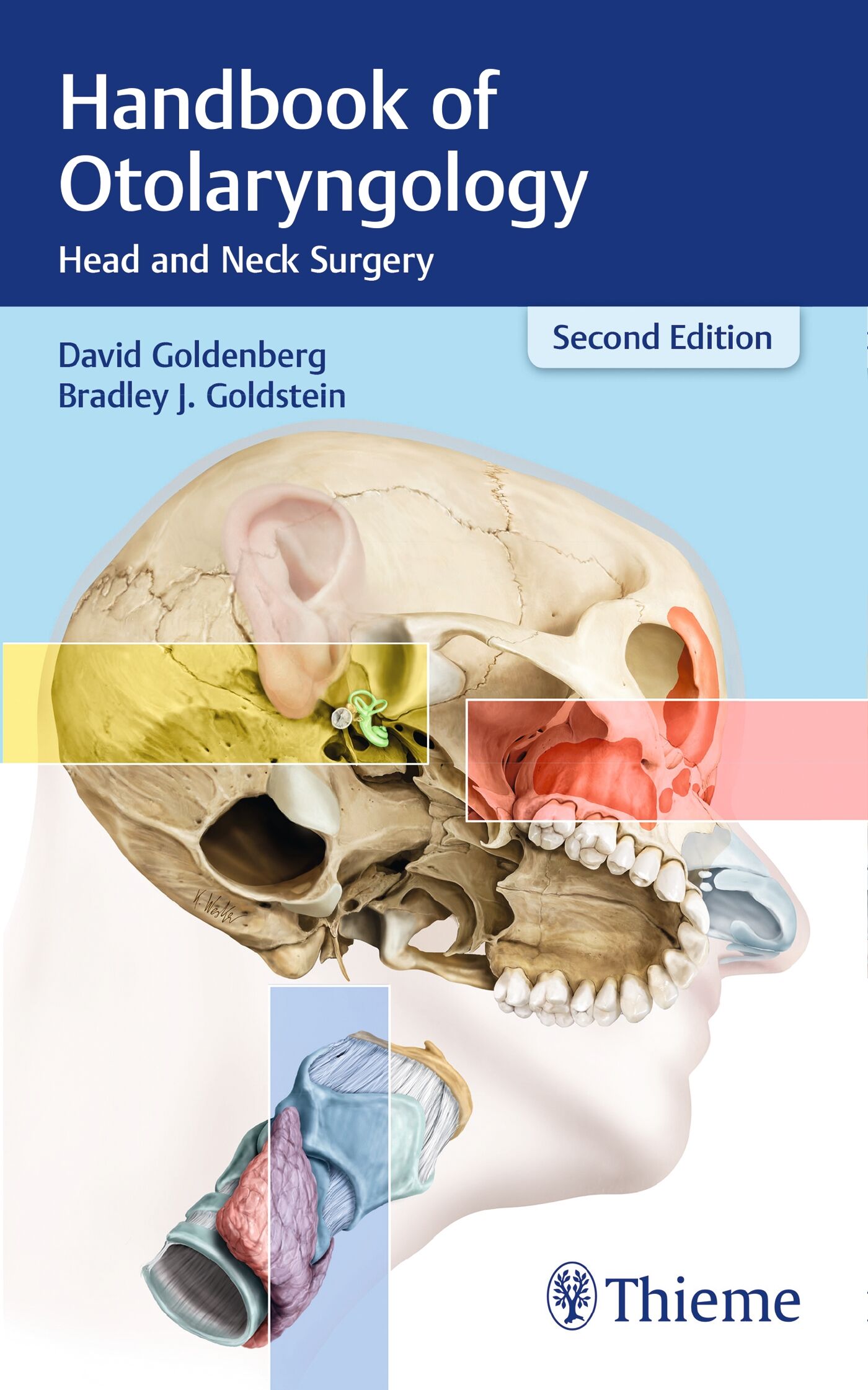Exploring the Area of Otolaryngology: What to Expect When You Seek Advice From an ENT
Otolaryngology, frequently referred to as ENT, incorporates the diagnosis and treatment of ear, throat, and nose conditions. For those experiencing related concerns, seeking advice from an ENT professional can provide clearness and alleviation. Comprehending what to anticipate throughout such appointments is vital for effective interaction and treatment. This review will certainly detail vital facets of the ENT experience, consisting of typical reasons for check outs and the processes entailed in medical diagnosis and therapy.

Understanding Otolaryngology: An Overview
Otolaryngology, frequently referred to as ENT (Throat, ear, and nose) medication, is a customized branch of medication that concentrates on the medical diagnosis and therapy of conditions impacting these vital locations of the body. This area includes a vast array of conditions, consisting of those pertaining to hearing, balance, breathing function, and speech. Otolaryngologists are trained to manage both medical and surgical treatments, utilizing sophisticated methods and innovations. Their know-how expands past typical disorders, attending to issues such as allergic reactions, sinus infections, and hearing loss. Additionally, they play a vital function in the monitoring of head and neck cancers, providing complete treatment customized to specific person demands. Overall, otolaryngology remains important for preserving health and wellness and quality of life in damaged individuals.
Usual Factors to See an ENT Expert
Lots of individuals seek the knowledge of an ENT professional for a range of factors, mirroring the diverse nature of problems that influence the nose, throat, and ear. Typical concerns include chronic sinusitis, which usually brings about relentless nasal blockage and face discomfort. Allergies and their associated symptoms, such as sneezing and itching, likewise trigger sees to these professionals (ENT Clinic). Hearing loss, whether steady or abrupt, is an additional substantial factor for appointment. In enhancement, people might seek examination for throat conditions, including persistent hoarseness or swallowing difficulties. Rest apnea, identified by disturbed breathing throughout rest, is frequently dealt with by ENT specialists also. Each of these conditions highlights the importance of specialized treatment in handling complex ENT-related health issues
Planning for Your ENT Consultation
When getting ready for an ENT visit, it is important to gather pertinent information and consider any type of particular concerns. People ought to compile a detailed case history, including previous ear, nose, or throat concerns, surgical procedures, and present medications. Recording signs and symptoms-- such as duration, severity, and regularity-- can give important understandings for the ENT specialist. Furthermore, individuals must prepare a list of concerns they want to ask, making certain that all problems are attended to throughout the visit. Bringing along any pertinent medical documents or examination results can additionally assist the ENT in comprehending the person's condition. Lastly, people ought to verify their consultation information, including location, date, and time, to lessen any kind of final confusion. Appropriate prep work can enhance the efficiency of the assessment and result in better results.
What to Expect During the Appointment
As the examination starts, the individual can anticipate to participate in a thorough discussion with the ENT professional concerning their signs and symptoms and clinical background. The expert will ask about the period, regularity, and seriousness of symptoms such as hearing loss, nasal congestion, or aching throat. Furthermore, the client's previous medical conditions, drugs, and any kind of appropriate household history will be evaluated, helping the expert in forming a total understanding of the individual's wellness. The ENT might likewise ask regarding lifestyle variables, such as direct exposure to irritants or irritants. This open discussion establishes a structure for the appointment, ensuring that the person's concerns are dealt with and setting the phase for any type of needed evaluations or recommendations for therapy.
Diagnostic Tests and Treatments in Otolaryngology
A variety of diagnostic examinations and procedures are vital in otolaryngology to precisely evaluate and identify conditions impacting the nose, ear, and throat. Common tests consist of audiometry, which gauges hearing function, and tympanometry, assessing middle ear stress. Nasal endoscopy allows visualization of the nasal passages and sinuses, while laryngoscopy checks out the throat and vocal cords. Imaging strategies, such as CT scans and MRIs, offer thorough views of head and neck structures. Allergic reaction testing may additionally be conducted to determine triggers for sinus or respiratory problems. These analysis devices allow ENT professionals to develop an extensive understanding of people' conditions, making sure tailored and effective administration strategies. Proper medical diagnosis is important for successful therapy outcomes in otolaryngology.
Therapy Options Provided by ENT Specialists
ENT experts offer a range of therapy options customized to deal with certain conditions influencing the ear, throat, and nose. These treatments range from traditional strategies, such as medicine and way of living modifications, to more invasive procedures. Allergies may be taken care of with antihistamines or immunotherapy, while persistent sinus problems may need nasal corticosteroids or sinus surgical treatment. For hearing loss, ENT experts commonly suggest hearing aids or surgical audiometry test interventions like cochlear implants. In situations of throat conditions, choices can include speech therapy or procedures to eliminate obstructions. Additionally, they might supply support for handling try this out sleep apnea, consisting of the usage of CPAP devices or medical treatments. Generally, the goal is to improve people' high quality of life with personalized treatment and efficient treatment approaches.
When to Look For Follow-Up Care With an ENT
When to seek follow-up treatment with an ENT expert is vital for handling ongoing signs and symptoms or problems connected to throat, ear, and nose conditions, identifying. Clients need to think about setting up a follow-up visit if signs and symptoms persist in spite of initial treatment, such as persistent ear pain, nasal congestion, or throat pain. Changes in hearing, balance concerns, or uncommon nasal discharge may additionally warrant additional evaluation. Furthermore, if a person experiences adverse effects from recommended medications or has gone through a medical procedure, follow-up care is essential to monitor healing and address any type of worries. Prompt assessments can ensure reliable monitoring of conditions, avoid prospective issues, and provide comfort relating to one's wellness. Seeking follow-up care promotes proactive health and wellness administration in otolaryngology.
Regularly Asked Inquiries

What Credentials Should I Try to find in an ENT Specialist?
When looking for an ENT specialist, one need to search for board certification, appropriate experience, and solid individual reviews. Furthermore, effective communication abilities and a compassionate more strategy can significantly boost the overall therapy experience.
How Do I Select the Right ENT for My Needs?
Selecting the right ENT expert entails assessing their credentials, experience, and client testimonials (Voice). It is important to ponder their communication style and technique to therapy, ensuring they line up with the person's particular wellness needs and preferences
Are There Any Kind Of Dangers Linked With ENT Procedures?
The dangers connected with ENT procedures might consist of infection, blood loss, anesthesia difficulties, and possible damage to surrounding structures. Patients ought to go over these threats with their physician to understand private worries and warranty educated choices.
How Can I Manage Anxiety Before My ENT Visit?
To handle stress and anxiety prior to a visit, people can exercise deep breathing exercises, picture favorable results, prepare concerns ahead of time, and look for assistance from friends or family, fostering a sense of reassurance and peace.
What Should I Do if I Experience Negative Effects From Therapy?
The individual should promptly report them to their medical care provider if side results from treatment occur. Adjustments to therapy or extra interventions might be essential to ensure security and effectiveness in handling their problem - Hearing. As the appointment begins, the patient can expect to involve in a detailed discussion with the ENT specialist concerning their signs and clinical history. These analysis tools enable ENT professionals to establish a comprehensive understanding of people' conditions, ensuring customized and effective monitoring plans. ENT professionals provide a variety of therapy choices customized to resolve certain problems influencing the nose, throat, and ear. When seeking an ENT professional, one ought to look for board qualification, relevant experience, and strong individual reviews. Selecting the appropriate ENT specialist includes reviewing their qualifications, experience, and individual testimonials